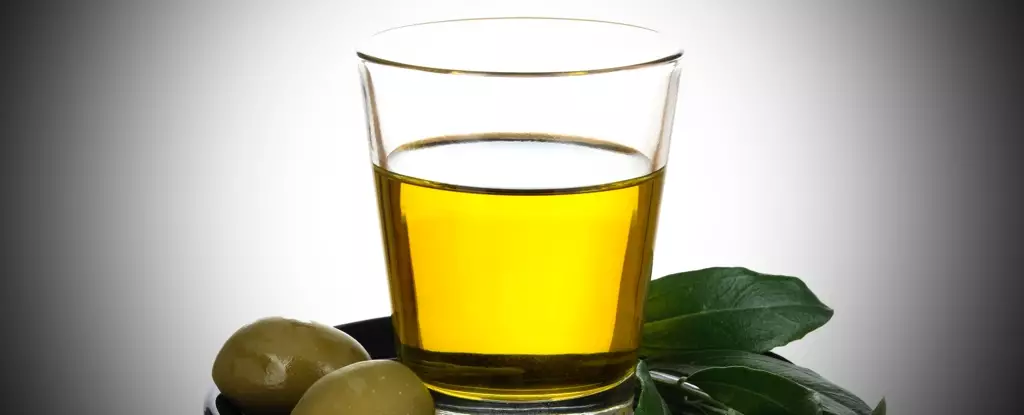For as long as alcohol has been consumed, individuals have sought effective cures for hangovers. The discomfort associated with overindulging in alcohol includes symptoms such as headaches, nausea, and general malaise, which are infamous for ruining the following day. As a result, various remedies and cures have emerged over the years, ranging from herbal supplements to peculiar food combinations. Unfortunately, many of these claims are not supported by scientific evidence, leading to confusion and false hope for those seeking relief.
Recently, the idea that consuming olive oil before drinking alcohol could stave off hangovers has gained traction, especially after music producer Benny Blanco endorsed the concept on a late-night talk show. Proponents suggest that olive oil can coat the stomach, thereby slowing down the absorption of alcohol and alleviating potential hangover symptoms. However, it is crucial to dissect the validity of this claim and understand the mechanics of alcohol metabolism.
The Olive Oil Hypothesis: Fact or Fiction?
The premise behind taking a shot of olive oil before indulging in alcohol lies in its high-fat content. It is theorized that this fat forms a barrier in the stomach, which might decelerate how quickly alcohol enters the bloodstream. While there is some merit in the idea that fatty foods can impact alcohol absorption, the effectiveness of olive oil as a protective agent remains dubious.
To fully comprehend this, it’s essential to recognize that the majority of alcohol absorption occurs in the small intestine rather than the stomach. In fact, research indicates that only about 20% of alcohol is absorbed in the stomach. This means that any temporary delay caused by olive oil would be relatively insignificant compared to the absorption that occurs later on. Furthermore, hangover symptoms primarily result from the liver’s processing of alcohol, a metabolic function that remains unchanged regardless of the presence of olive oil in the stomach.
Given the questionable efficacy of relying on olive oil, it’s prudent to explore well-supported methods for preventing hangovers. A multifaceted approach incorporating hydration, nutrition, moderation, and replenishing lost nutrients can significantly enhance one’s chances of avoiding hangover symptoms.
1. **Hydration:** It is widely recognized that dehydration exacerbates hangover symptoms. Alcohol is a diuretic, meaning it promotes urine production and can lead to a decrease in hydration levels. To combat this, individuals are encouraged to drink water or electrolyte-rich beverages before, during, and after consuming alcohol to maintain hydration.
2. **Nutrition:** Consuming a hearty and balanced meal before drinking can significantly influence how alcohol affects the body. Foods rich in healthy fats, proteins, and complex carbohydrates slow down absorption more effectively than olive oil alone. This is an important strategy in ensuring the body can handle the alcohol being ingested.
3. **Moderation:** The simplest and perhaps most effective method to prevent a hangover is to drink in moderation. Setting personal limits and pacing oneself can significantly lower the risk of overindulgence and its subsequent consequences.
4. **Replenishing Nutrients:** After a night of drinking, replenishing lost nutrients can aid recovery. Foods and drinks high in electrolytes, including sports drinks, leafy greens, and fruits, can help restore balance in the body and boost recovery.
It’s also important to consider the role of the placebo effect in anecdotal claims surrounding hangover remedies. While some individuals may confidently assert that olive oil works for them, their perceived results might stem from a belief in the remedy’s effectiveness rather than any actual pharmacological effect. This psychological aspect often clouds judgment and can lead individuals to overlook scientifically grounded solutions.
While the notion of consuming olive oil as a hangover remedy may appear appealing due to its simplicity, it lacks the scientific backing necessary to justify its widespread acceptance. Individuals seeking to avoid hangovers would be better served by focusing on proven methods such as hydration, balanced nutrition, moderation, and nutrient replenishment. A cautious and informed approach will not only enhance one’s drinking experience but may also save the following day from the grips of a hangover.


Leave a Reply